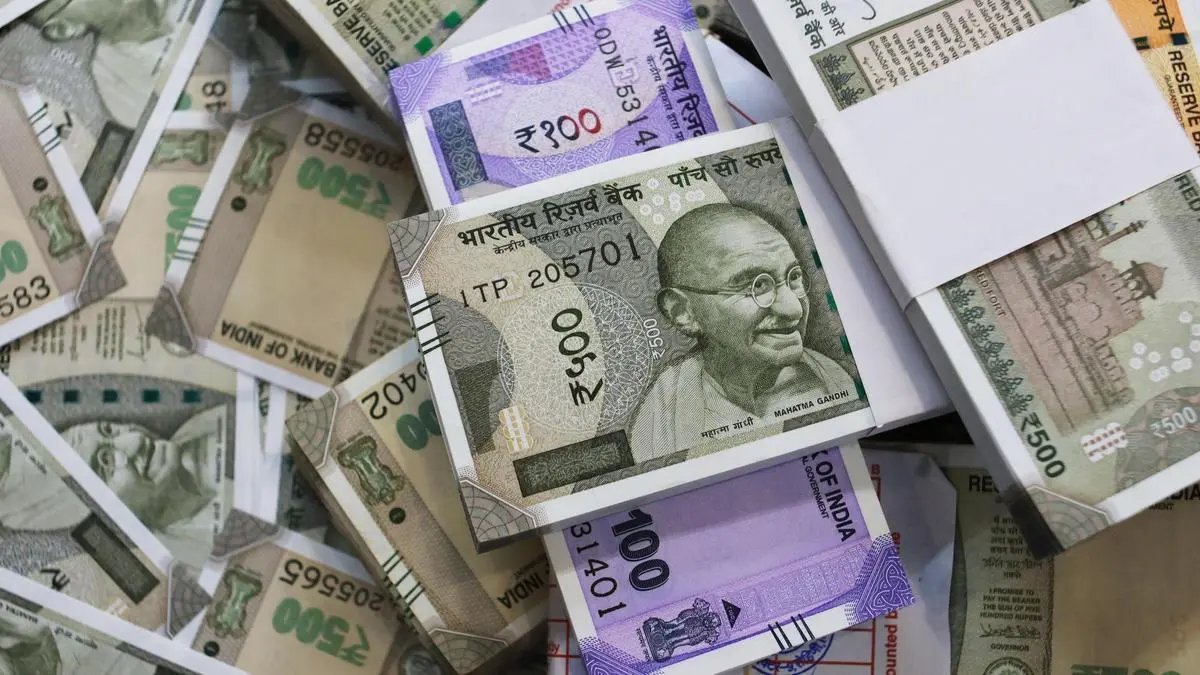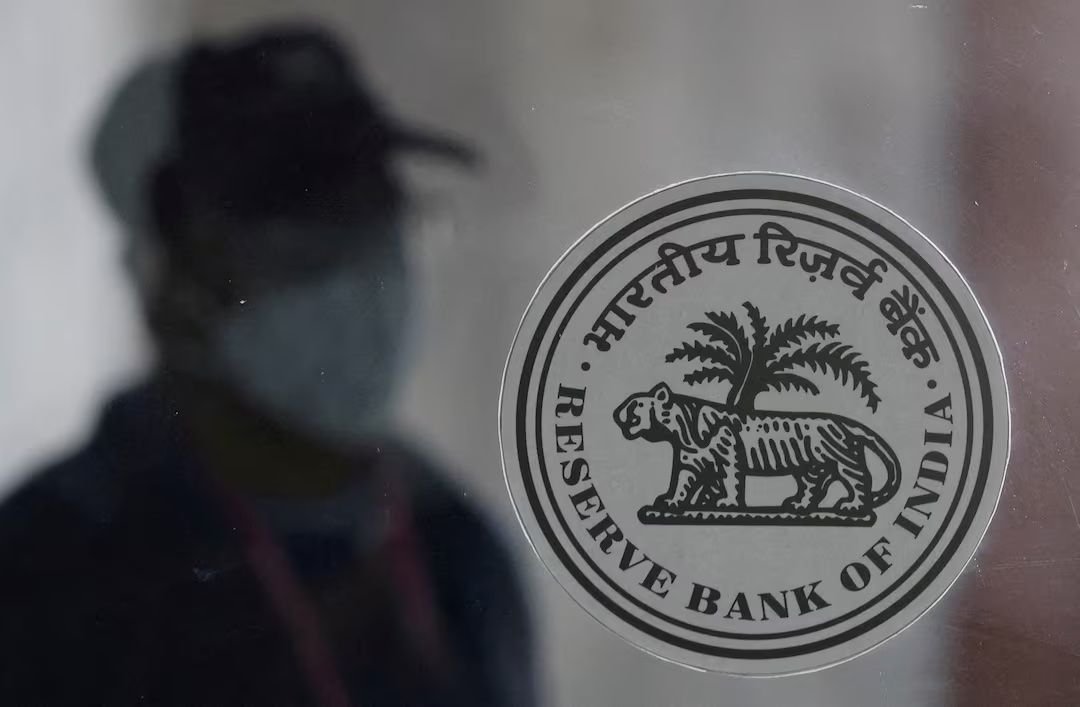What’s going on here?
Foreign investors pulled $167 million from Indian bonds using routes like the Fully Accessible Route (FAR), as the Indian rupee sinks to unprecedented lows.
What does this mean?
The $167 million exit from India’s sovereign debt is unsettling its bond market, with investors favoring derivatives to facilitate their exits. The Reserve Bank of India (RBI) is questioning foreign banks to decipher this aversion but hasn’t stepped in directly. Alongside bond outflows, $8 billion has also been retracted from equities, decreasing the rupee’s value and catching RBI’s urgent attention. Yet, foreign ownership of Indian government debt still totals 2.47 trillion rupees, driven mainly by FAR and derivatives. Nevertheless, the pressure persists, potentially marking the first monthly net sell-off since April – partly due to US election-related volatility.
Why should I care?
For markets: Investor nerves unsettle indian markets.
The withdrawals from Indian bonds underscore heightened concerns among foreign investors, exacerbated by the rupee’s dip past 84 against the US dollar. This decline is partly linked to unhedged trades and global bond yield volatility, prompting traders to reconsider their stakes. Increasing unease could lead to further selling, potentially destabilizing markets and impacting related sectors.
The bigger picture: Global tensions, local impacts.
This situation highlights key macroeconomic challenges as leveraged investments via offshore derivatives like ODIs reached 218 billion rupees by July 2024. It signals substantial exposure and risk amid market turmoil. With the US Presidential elections approaching, these global shifts could further sway markets, impacting economic strategies globally.







